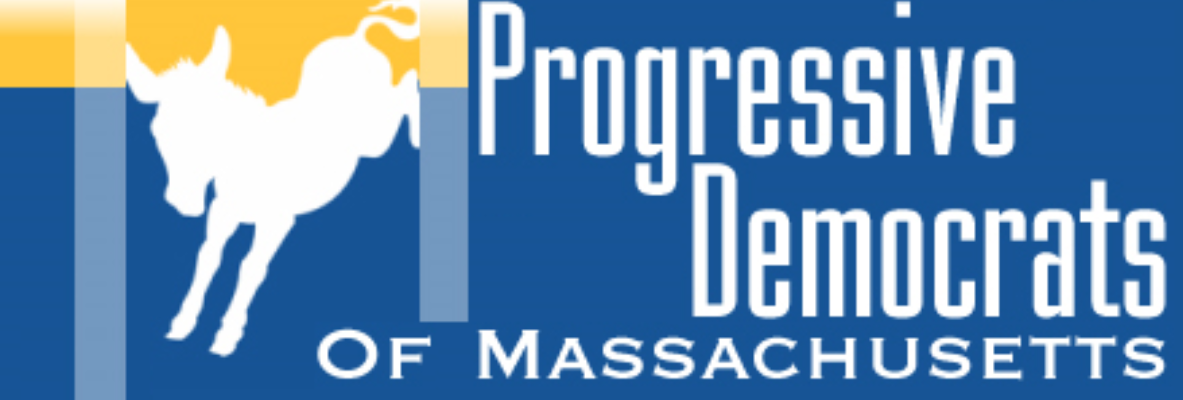Summary of PDM Forum on 1/ 31/25. One-hour recording is available here.
The MA legislature is one of the least transparent, accountable, and productive in the country. Forum Moderator, Scotia Hille, Executive Director of Act On Mass, noted that its autocratic operation disempowers most legislators and their constituents. Given the severe dysfunction in Washington, it’s particularly important that state governments function well and provide examples of effective and democratic governance.
Panelist Alan Palm, Executive Director of the Better Future Project, a climate advocacy group, stated that while some good climate change legislation has been passed, MA is a long way from doing what needs to be done. The lack of a democratic process and transparency in the legislature makes climate advocacy and progress very difficult, as it does for every issue. A few senior leaders in each chamber control the process and the legislature seems hostile to citizen engagement. This hurts trust in government, as well as legislative outcomes and state policies.
Bills with broad support frequently die in conference committees or the Ways and Means Committees.
They get no public, roll call vote, which means constituents can’t hold their elected legislators accountable.
Every advocacy group should advocate for a more open, democratic process, while they work on their own
particular issues. They shouldn’t accept legislators telling them that their issue can’t move forward because
of the process.
Legislators generally avoid talking about the opaque, undemocratic process because they fear losing favor
with legislative leaders. The leaders control legislators’ committee positions (and the additional pay that
goes with them), as well as the progress of any legislation they support.
Panelist Mark Martinez, Staff Attorney at the MA Law Reform Institute and former legislative staff, noted that the legislature is getting less productive over time. When he worked in the Senate a few years ago, there were public debates and votes on the floor of the Senate on a weekly basis. Now, these are rare.
The legislature is not subject to the public records or open meetings laws, so the legislature’s work is
largely hidden from the public. Therefore, legislators can often avoid taking positions on issues, so their
constituents don’t really know where they stand. The process is designed to be opaque and frustrating to
advocates so they will just give up. Advocates have to be very persistent to make progress.
There are fewer bills passed now than there used to be. And there are fewer public votes. More policy
making is done now by attaching language to the budget. And the budget process has effectively collapsed
to a 2 – 3-day negotiation between a few leaders from each chamber.
The dysfunctional nature of the legislative process is exacerbated these days by the tense relationship
between the leadership of the House and that in the Senate. Bartering, game playing, and petty rivalries
determine what policies emerge from the legislature.
The autocratic power structure in the legislature makes it difficult for legislators to stand up or speak out
against the wishes of leadership. They risk getting punished in multiple ways, such as not getting funding
earmarked for their district, which is about the only thing that legislators can point to when running for re-
election, given the opaque, undemocratic process for passing legislation.
Panelist, Jon Hecht, member of the CROL Steering Committee and former legislator, described the two
legislative reform bills filed by the bipartisan Coalition to Reform Our Legislature (CROL). One, would create offices of legislative research and fiscal analysis (HD.1802/SD.2614); the other reforms the
legislative stipend system (HD.4303/SD.1301). Future Forums will present the details of these bills.
